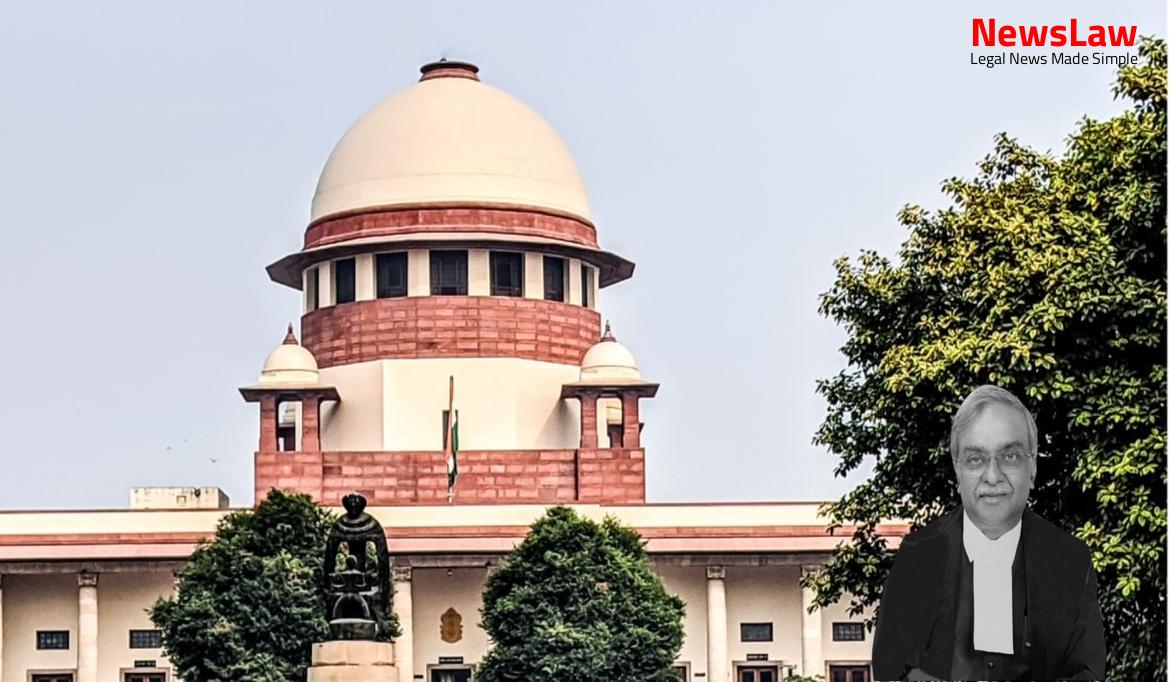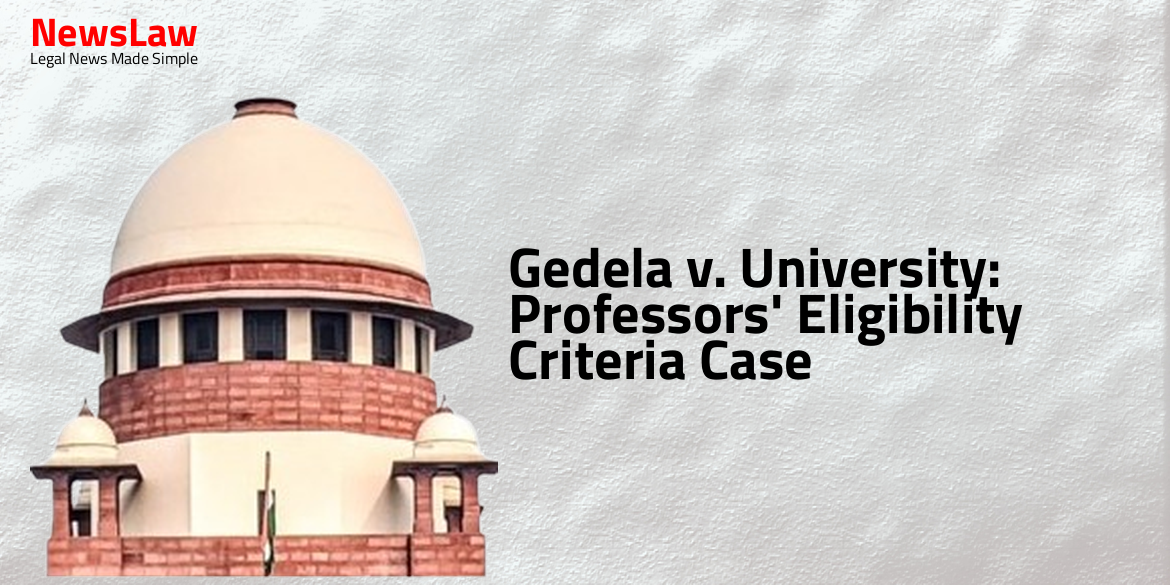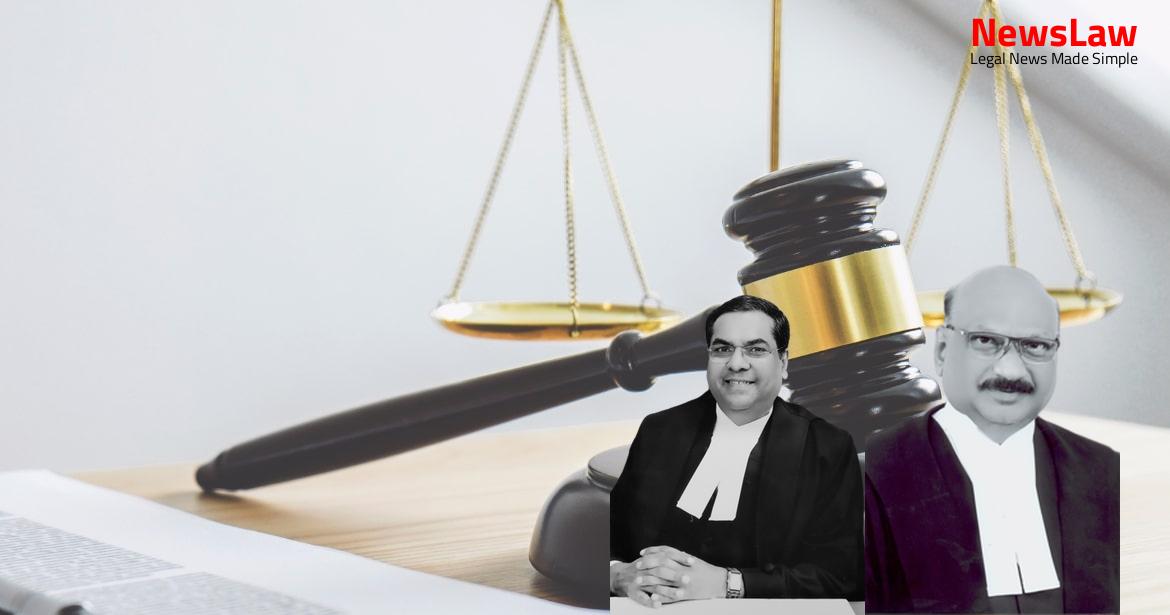The Supreme Court of India has delivered a crucial judgment on the contempt proceedings initiated against Patanjali and Baba Ramdev. The case sheds light on the importance of upholding undertakings given to the Court and the consequences of breaching such commitments in the legal system.
Facts
- Indian Medication Association (IMA) invoked Article 32 of the Constitution of India against Patanjali, its Managing Director Acharya Balkrishna, and Baba Ramdev for misinformation and disparagement of the modern system of medicine.
- IMA claimed that despite multiple complaints and representations to the authorities, no concrete action was taken, leading them to approach the Court.
- Notice was issued on 27 February, 2024, regarding advertisements by Patanjali and statements made by Baba Ramdev and Acharya Balkrishna violating the provisions of the DMR Act, 1954 and Rules, 1955.
- Contempt proceedings were initiated against Baba Ramdev on 19 March, 2024, for violation of DMR Act provisions.
- Court expanded the scope of contempt proceedings on 27 February, 2024, based on statements made in a press conference on 22 November, 2023.
- Affidavit filed by Acharya Balkrishna explained the intent behind an advertisement and the controversy over the statement regarding Corona and Coronil.
Also Read: Compensation Assessment in Motor Accident Case: High Court Judgement Reversed by Supreme Court
Analysis
- Exercise of power under the Contempt of Courts Act, 1971 should be rare and only in clear-cut cases of bona fide actions.
- Undertaking in contempt proceedings refers to a commitment given to the Court and has significant legal implications.
- Public interest demands that judicial processes remain unimpeded by interference or pre-emption.
- Contempt of court involves interference with due administration of justice in turbulent times of developing countries.
- The burden and standard of proof in contempt cases require evidence beyond all reasonable doubt, akin to criminal proceedings.
- Willful disobedience in civil contempt signifies intentional violation of court orders or undertakings.
- A qualified apology in contempt proceedings must be unconditional and demonstrate genuine remorse.
- The power of contempt should be used judiciously and sparingly, in the interest of society and justice system.
- The definition of ‘undertaking’ varies but typically refers to a commitment made to the Court.
- A breach of undertaking given to the Court attracts the provisions of the Contempt of Courts Act.
- The court may reject apologies if they are conditional or insincere, emphasizing the seriousness of contempt actions.
- The proposed contemnors acknowledged the initial violation of undertakings given to the Court.
- Efforts were made by the proposed contemnors to rectify their conduct post tendering an unqualified apology.
- An assurance was given to the Court by the contemnors to refrain from making misleading statements about the efficacy of their products.
- Despite being aware of the binding nature of the undertaken given to the Court, the contemnors organized a Press Conference the very next day, breaching the assurance.
- The breach of an undertaking given to the Court holds the same gravity as a breach of an injunction.
- Exercise of contempt power should be cautious and sparing.
- The Court issued a notice to the contemnors for explanation on the contempt proceedings initiated against them.
- Proposed contemnors apologized for breaching undertakings given to the Court.
- Initially offered a qualified apology which was rejected by the Court.
- Later, they tendered an unconditional apology which was accepted.
- Court acknowledged the sincere efforts made by proposed contemnors to purge themselves.
- Based on the facts and circumstances of the case, the Court decided to close the matter.
Also Read: Equivalence of Qualifications: University of Calicut vs. KPSC
Decision
- The parties are reminded to strictly adhere to the terms of their undertakings.
- Any future actions, deeds, or words that may violate the Court’s orders or dishonor the undertakings will be strictly dealt with.
- Non-compliance could lead to severe consequences.
- Contempt proceedings will be initiated swiftly if necessary.
Also Read: CRPF Constable Termination Case: Upholding of Disciplinary Authority Decision
Case Number: SMC(C) No.-000004-000004 – 2024



